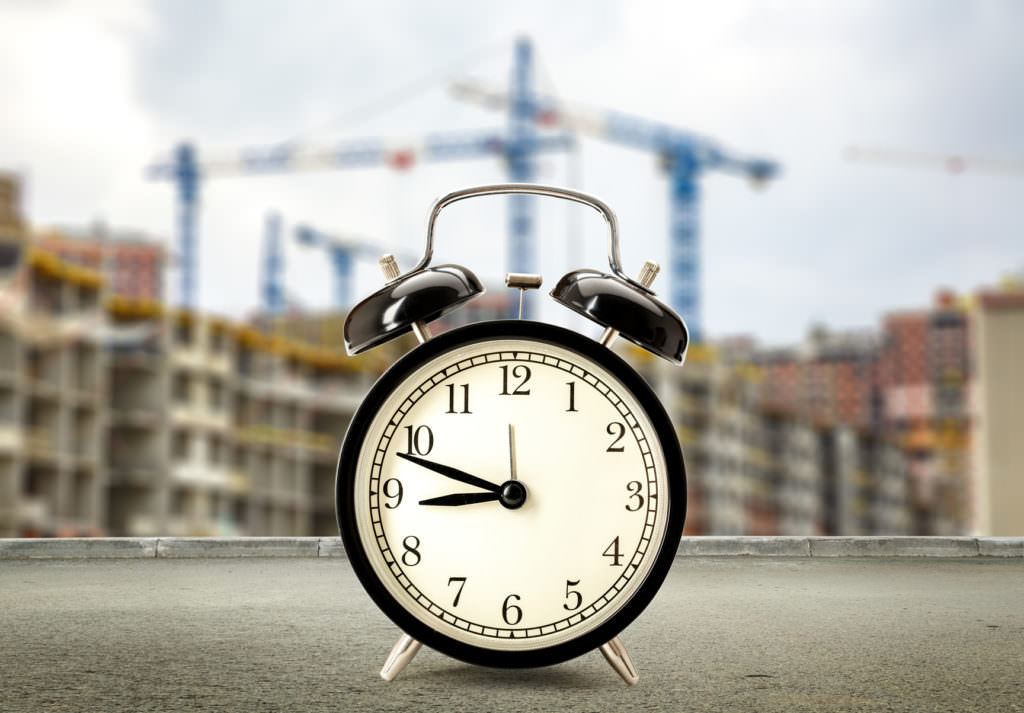In a long-awaited and widely-anticipated decision, Colorado courts clarified that the Statute of Repose begins when each contractor’s work ends, eliminating the risk of claims arising many years after performing the work. The Statute of Repose is a legal doctrine which generally bars claims brought more than 6 years after the substantial completion of the improvement to the real property. Statutes of repose are necessary to prevent defendants from being subjected to open-ended liability for an indefinite time period.
There have been many cases involving and interpreting Colorado’s Construction Defect Reform Act (“CDARA”), C.R.S. §§ 13-80-104 et. seq., and its Statute of Repose for construction defects claims in Colorado. The Bradbury case involved water infiltration issues related to the installation of windows and doors and focused on the Statute of Repose built into CDARA. The window and door subcontractor’s initial work was completed in 2002, repair work completed in 2004, but it was not sued until 2014. Since no definition existed, the Court was required to interpret the phrase “substantial completion” under the Statute of Repose. Before this decision, substantial completion of a project was thought to be the date the Certificate of Occupancy issued. In Bradbury however, the Court was asked to decide whether substantial completion occurs when a subcontractor completes its specific scope of work (i.e., improvements to real property) where there are different subcontractors responsible for different parts of a larger project. The Court answered yes.
In reaching its decision, the Court held the Statute of Repose continues to run and is not impacted by ongoing repairs or by settlement negotiations. The Court also held an “improvement” may be to a discrete component of an entire project. Taken together, where different subcontractors are responsible for the construction of different parts of a larger project, the Statute of Repose should be applied to each of those individual subcontractors when they have completed their respective improvements. This reasoning conforms with the legislative intent of preventing indefinite liability for those who construct or repair improvements to real property. While the decision clarifies enforcement of the Statute of Repose, it will likely equate to more “shot-gun” style claims because construction professionals cannot rely on ongoing repairs or settlement negotiations to stop the Statute of Repose time limit from running before asserting claims against other potentially responsible parties.

